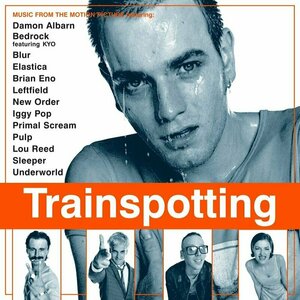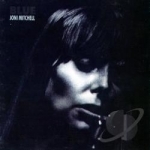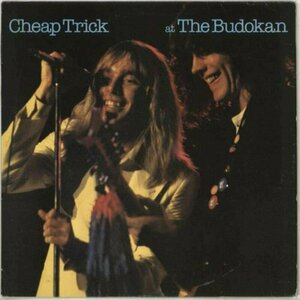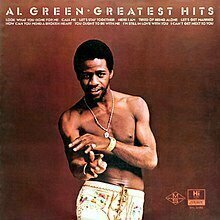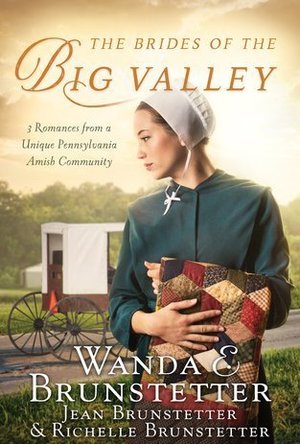Search
Search results
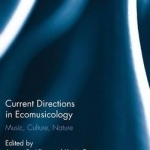
Current Directions in Ecomusicology: Music, Culture, Nature
Book
This volume is the first sustained examination of the complex perspectives that comprise...
Aurora recommended track Born Slippy by Underworld in Trainspotting by Underworld in Music (curated)
Beth Orton recommended Blue by Joni Mitchell in Music (curated)
Brian Fallon recommended track Just Like a Woman by Bob Dylan in Bootleg Series, Vol. 4: The "Royal Albert Hall" Concert by Bob Dylan in Music (curated)
Dave Mustaine recommended Cheap Trick At Budokan by Cheap Trick in Music (curated)
Graham Lewis recommended Greatest Hits by Al Green in Music (curated)
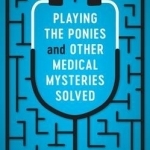
Playing the Ponies and Other Medical Mysteries Solved
Book
With over forty years of experience as a sought after diagnostician, Dr. Stuart Mushlin has cracked...
AA
Aural Architecture in Byzantium: Music, Acoustics, and Ritual
Book
Aural architecture identifies those features of a building that can be perceived by the act of...
TravelersWife4Life (31 KP) rated The Brides of the Big Valley in Books
Feb 23, 2021
Three unique perspectives into Amish life.
The first story is about a widow and her son with Down Syndrome and how she finds love again with a man she least expects. I loved the perseverance in this story! No matter what obstacles many come your way we can't give up but need to figure out ways to over come those obstacles.
Second we have a women at a crossroad in her life, she has to trust fully that God will lead her in the right direction even when it seems everyone around her is against what she believes God is telling her to do. I think this one was a great story on listening to God and not giving in to what the world wants you to do.
Last we have a story about a young women who is very shy who learns to overcome her fears to find love, loss, and a family of her own. This one was probably my favorite. It really is true that you have to stop thinking about what people might think of you and just be yourself or you will never grow into the person you are supposed to be.
I loved this book and would highly recommend adding it to your TBR pile.
I volunteered to read this book from Barbour Publishing in exchange for my honest feedback. The thoughts and opinions expressed within are my own.
The first story is about a widow and her son with Down Syndrome and how she finds love again with a man she least expects. I loved the perseverance in this story! No matter what obstacles many come your way we can't give up but need to figure out ways to over come those obstacles.
Second we have a women at a crossroad in her life, she has to trust fully that God will lead her in the right direction even when it seems everyone around her is against what she believes God is telling her to do. I think this one was a great story on listening to God and not giving in to what the world wants you to do.
Last we have a story about a young women who is very shy who learns to overcome her fears to find love, loss, and a family of her own. This one was probably my favorite. It really is true that you have to stop thinking about what people might think of you and just be yourself or you will never grow into the person you are supposed to be.
I loved this book and would highly recommend adding it to your TBR pile.
I volunteered to read this book from Barbour Publishing in exchange for my honest feedback. The thoughts and opinions expressed within are my own.

